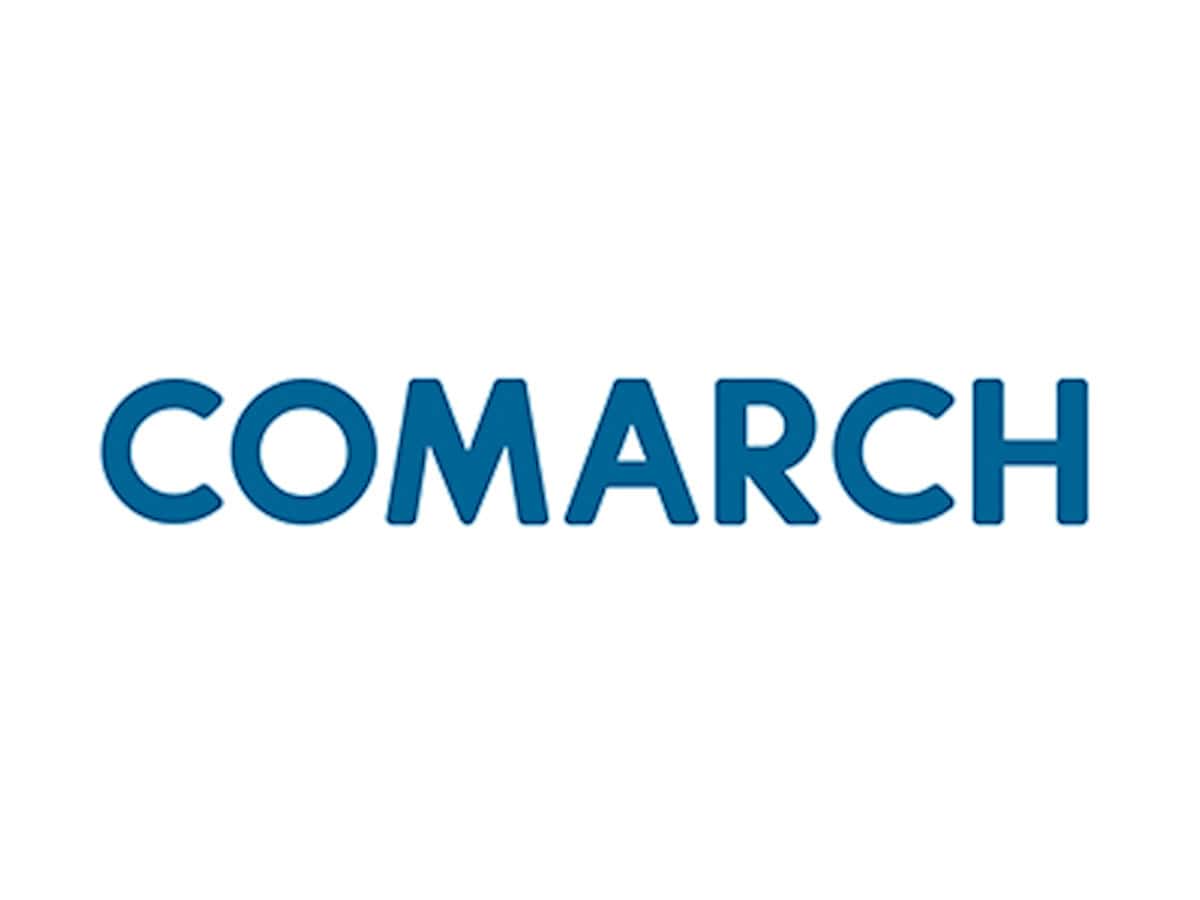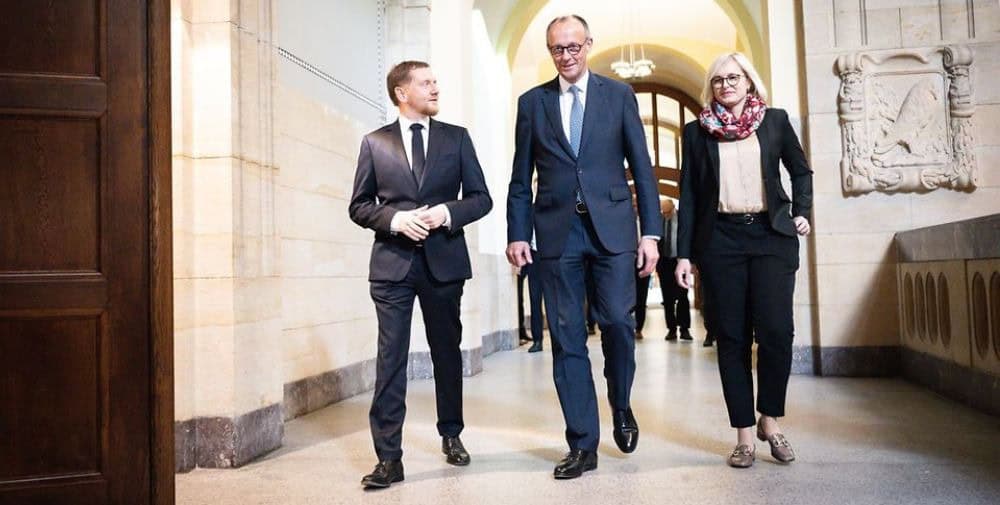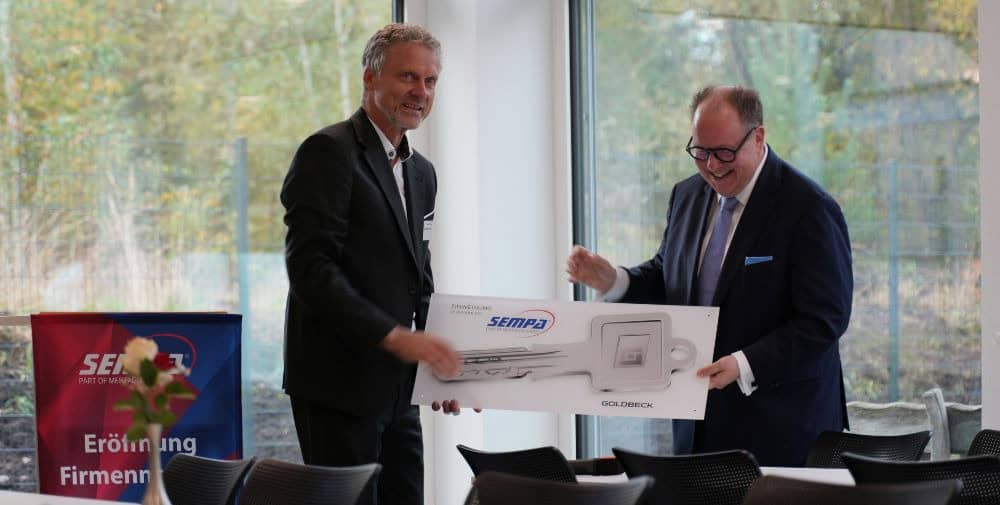
Background and scope
This second draft follows consultations with federal and state tax authorities. In recognition of its overall economic importance, the BMF has made the document publicly available and distributed it to industry associations for comment. Interested stakeholders are invited to submit comments via their respective associations.
Requirements for e-invoice compliance and validation
Formatting errors can result in an e-invoice being reclassified as an “other invoice” and therefore no longer compliant. An invoice is also considered invalid if required data is missing in the structured part. It is not sufficient to simply provide mandatory information as an attachment.
In order to correct an invoice, it must be in the same format as the original (e.g. as a digital credit note). An e-invoice may therefore only be corrected by another e-invoice.
In order to ensure compliance with the European standard EN 16931, the BMF recommends the use of validation tools.
Exemptions and approval requirements
The obligation does not apply to low-value invoices (under €250), tickets or invoices from small businesses. In these cases, e-invoices can also be used without the recipient’s prior consent. B2C invoices, on the other hand, require the express prior consent of the consumer.
Archiving obligations
The structured part of an e-invoice must be stored unchanged in its original form for at least eight years. During this retention period, companies must ensure the authenticity, integrity and legibility of the invoice – either through internal controls or by using secure technologies such as electronic signatures or EDI.
Revisions to the VAT application decrees
- Clearer definitions: Terminology has been revised to clearly distinguish between electronic invoices and “other invoices”, structured formats and EU standards.
- Expanded e-invoicing obligations: Various provisions now explicitly include mandatory e-invoices for services related to real estate, credit notes and invoice adjustments.
- Requirements for hybrid invoices: For invoices that contain both a visual element (e.g. PDF) and structured data (e.g. XML), the information in both parts must be identical.
- Pre-tax deduction: Tax deductions are only permitted for fully compliant invoices in accordance with Articles 14 and 14a of the German VAT Act.
Special provisions
The draft also deals with more complex issues, e.g. procedures for insolvency and joint ownership. It contains rules on the correction and replacement of invoices, taking into account notarial services and financial institutions.
The guidelines of this draft apply to all transactions carried out from January 1, 2025. A final version of the BMF letter is expected in the fourth quarter of 2025, after completion of the consultation process.
– – – – – –
Further links
👉 www.comarch.de
Photo: pixabay




